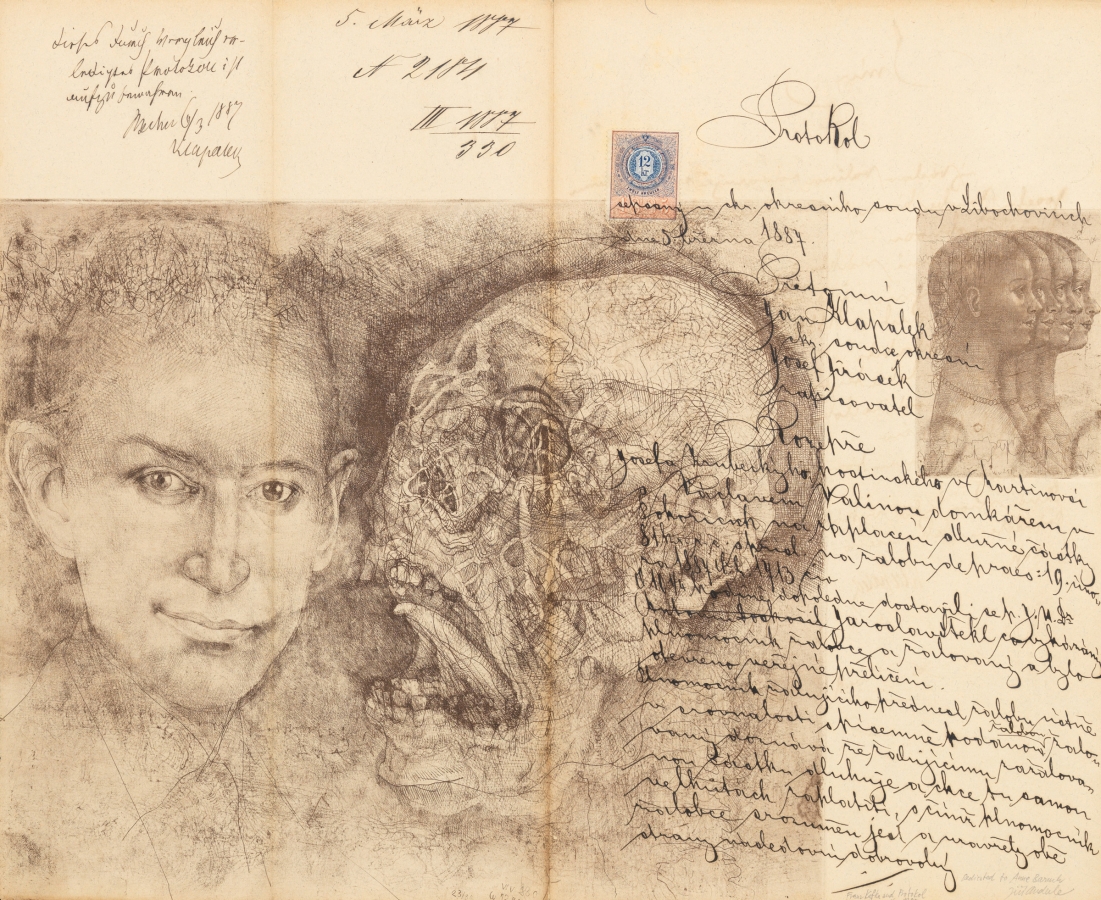 |
| Image: Kafka and Protocol, baruchfoundation.org |
When Kafka began to engage with Judaism, his father disapproved of his interest, as he did of all his interests. In fact, because Kafka turned to Judaism, his father turned away from it:
Through me, Judaism became revolting to you, you could no longer read Jewish writings. They “disgusted you”. That may have meant that you insisted on the kind of Judaism you had shown me in my childhood, considering it the only correct Judaism and regarding anything beyond as nothing. But such an insistence is hardly credible. If so, your disgust – not directed against Judaism itself but rather against my person – could mean only that you were aware subconsciously that your kind of Judaism and my Jewish education was frail, and you did not want to be reminded of that and responded to all reminders with open hatred. In any case, your negative assessment of my new Judaism was quite exaggerated…
You were more on track with your dislike of my writings and their context, of which you were not aware. Through my writing I had indeed managed to distance myself and gain some independence from you, even if I was reminded of a worm that had been stepped on and whose back was crushed, although it managed to wrench away its front section and drag itself to the side. I was safe to some extent, there was a certain relief. Your immediate dislike for my writings was welcome for once. My ambition and my pride were hurt, however, by your reception of my books (notorious among us). “Put it on the night table,” you said. (Most of the time you were playing cards when the book arrived). But deep down I was content, not only out of rebellious maliciousness, not only because I was pleased that my view of our relationship had been confirmed, but spontaneously because that phrase sounded like “Now you are free!” But of course that was a mistaken notion. I was not free, or at best, not yet free. My writings were about you. I lamented there what I could not lament addressing you directly. It was a purposely drawn out farewell from you.
(Source: Letter to my Father, text on www.kafka.org; my translation)
No comments:
Post a Comment